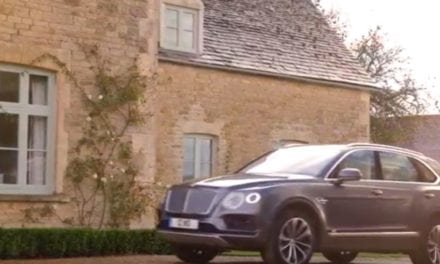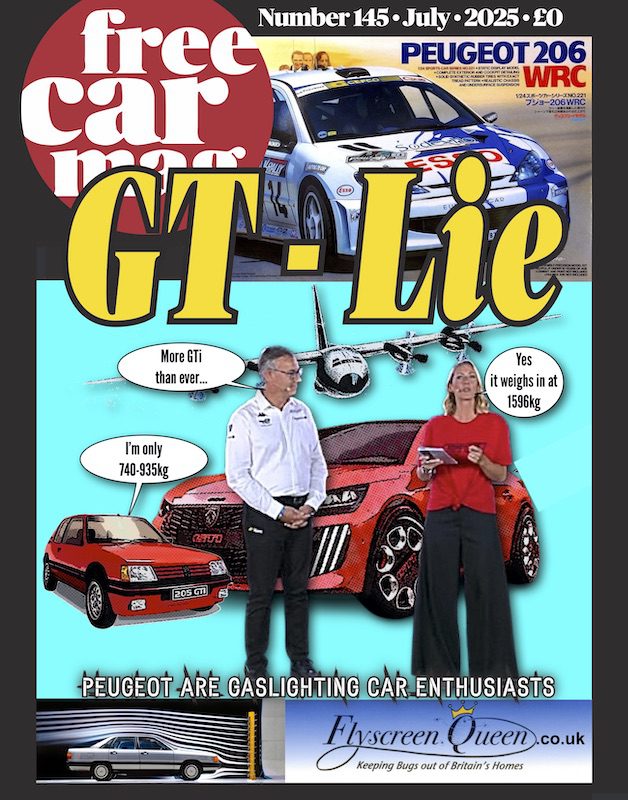The largest Association of Vehicle Workshops in the Nordic countries warns that car owners will be easier to cheat when advanced technology is introduced
The automotive industry is undergoing a paradigm shift of never seen kind, says Bo Ericsson CEO of the Swedish Vehicle Workshop Association (SFVF).
Car manufacturers, car dealers and large international car leasing companies are successfully launching new ways to own, buy and sell cars. Car sales via the network are increasingly taking place both for new and used cars.
Anyone can now buy a new or used car within the EU, therefore new demands are raised, says Bo Ericsson. The car manufacturers who sell new cars online also want to buy replacement cars. In-exchange cars are sold via auction companies such as BCA, Autorola, Viköperdinbil, Netbil and Autouncle with others on commission or auction. Large auction companies within the EU can sell and buy vehicles completely freely and benefit from currency changes or if the asset is larger in a country compared to neighboring countries. Everything benefits the consumer as long as it is done through serious companies. Already now, consumers in the EU are being deceived by rogue car dealers for the equivalent of EUR 8.9 billion annually.
In the EU, odometer fraud on vehicles are a major problem, which has also been observed by the European Commission in 2018:
http://citainsp.org/wp-content/uploads/2018/05/20180523-joint-press-release-Ertug-report-final-corr.pdf
What this is related to is decribed here: https://vimeo.com/87549414.
It is also becoming increasingly common that dishonest people buy service stamps online and stamp the service book themselves. This leads to that many vehicle buyers are being deceived by people who intend to make money on the misfortune of others, says Ulf Stefansson, lawyer at SFVF.
Self-driving vehicles will constantly be connected to communicate with their surroundings when 5G is introduced. At the same time, this is a business opportunity for rogue companies / people who can remotely manipulate odometers. How difficult is it today to “hack a vehicle” in order engage in odometer fraud, says Bo Ericsson?
One solution to the problem would be to legislate for a digital service book. In this digital service book it must be possible to store all service work, regardless of the brand, model and production year of the vehicle. Access to service data must be easily accessible and completely transparent to the outside world. The market for service has long been deregulated (according to EU directive 461/2010), says Ulf Stefansson. All workshops within the EU have the opportunity to carry out a professional service according to the vehicle manufacturer’s instructions, where the vehicle’s new car warranty remains. The workshop can fill in the service book, upload inspection documents etc.
A digital service book that is open and easily accessible for all workshops leads to a more serious automotive trade for both consumers and vehicle dealers, as the vehicle’s service history and inspection history are transparent to the outside world.
With the launch of digital service books (eg www.digital-servicebook.com), the Swedish Vehicle Workshop Association wants to take a big step in order to eliminate odometer fraudes and create safer purchases throughout the EU.











